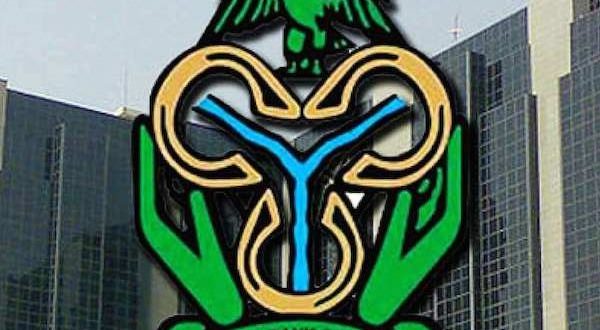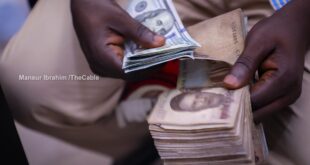The Central Bank of Nigeria (CBN) on Tuesday disclosed that total gross credit to the economy grew by N3.3 trillion or 21.5 per cent to N18.9 trillion at the end of June 2020, from N15.56 trillion recorded previous month.
This came as the Monetary Policy Committee (MPC) of the CBN retained its benchmark interest rate, the Monetary Policy Rate (MPR), at 12.5 per cent, to enable it monitor the effectiveness of previous monetary policy tools and determine their impact on the Nigerian economy.
Speaking at the end of the July 2020 MPC meeting in Abuja, CBN Governor, Mr. Godwin Emefiele, noted that the credits were largely directed to the productive sectors of the economy, mainly the manufacturing, consumer credit, general commerce, and information and communication as well as agriculture sector.
Emefiele added that aggregate domestic credit (net) grew by 5.16 per cent in June 2020 compared with 7.47 per cent in May 2020.
Emefiele further disclosed that the CBN had disbursed over N152.9 billion to finance 61 manufacturing projects and another N93.6 billion to the healthcare sector, amongst many other sector-specific facilities.
He added that of the N50 billion Household and SME facility, N49.195 billion has been disbursed, to over 92,000 beneficiaries, noting that this was in addition to the N100 billion healthcare and N1.0 trillion manufacturing and agricultural interventions to support the rebound in growth from the impacts of the Coronavirus pandemic on the economy.
He stated, “The Committee is hopeful that upon further drawdown of these intervention facilities, the much needed reset and rebound of the Nigerian economy will become a reality.”
Meanwhile on monetary policy decisions, the MPC retained the asymmetric corridor of +200/-500 basis points around the MPR; retained the Cash Reserve Ratio (CRR) at 27.5 per cent; and retained the Liquidity Ratio at 30 per cent.
Explaining the decision of the MPC at the end of the meeting in Abuja, Emefiele said that given the plethora of monetary and fiscal measures recently deployed to address the impending economic crisis, following the COVID-19 outbreak, it would be a relatively cautious option to hold.
He stated, “The Committee reviewed the policy options before it and argued that the option of tightening at this time would contradict the noble initiative of expansion of affordable credit to the real sector, noting that this would heighten the cost of production which will translate to higher prices of goods and services and harder economic condition for people.
“On the other hand, loosening monetary stance would provide the desired succour for stimulating output growth and rapid recovery, but with implications for domestic private investment and capital mobilisation to support the huge domestic financing gap.
“Further cut in MPR may not necessarily lead to a corresponding decrease in market interest rate, considering the current economic challenges. The Committee was also mindful of the cut in policy rate at the last MPC meeting and the need to allow time for the transmission effect to permeate the economy.”
 The Commerce Africa African Reneissance
The Commerce Africa African Reneissance




